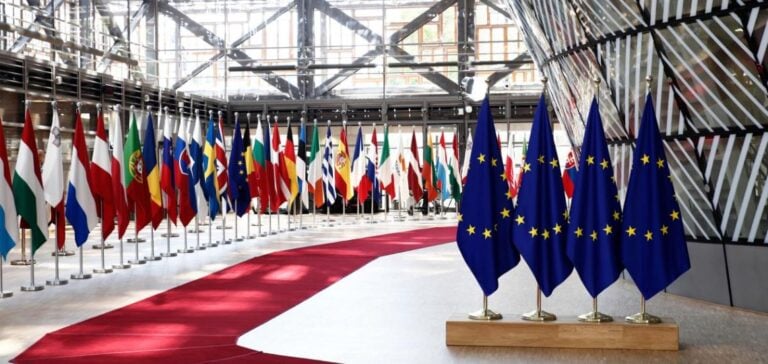The composition of the leadership team responsible for European energy and industrial policy for the next five years has been approved by the European Parliament committees. While the European elections in June 2023 raised hopes for a shift in favor of nuclear energy, the final appointments do not reflect strong support for this technology.
The new commissioners for energy and industry, Dan Jørgensen and Teresa Ribera Rodríguez, have expressed critical positions on nuclear energy. Jørgensen, a former Danish climate minister, acknowledged the role of nuclear power in Europe’s energy transition but believes that investment decisions should remain a national prerogative. Ribera, a former Spanish minister for ecological transition, has firmly supported closing nuclear power plants in Spain and criticized the inclusion of nuclear energy in the EU’s sustainable investment taxonomy.
A policy focus on renewables
The priorities outlined by Ursula von der Leyen, president of the European Commission, emphasize renewable energy and energy efficiency. Jørgensen has committed to lowering energy prices while developing green technology markets such as heat pumps and electric vehicles. Ribera will hold a key position as executive vice-president for a clean and competitive transition.
However, these directions have elicited mixed reactions. The European nuclear industry, represented by NuclearEurope, welcomed the implicit acknowledgment of nuclear power’s role in achieving the EU’s climate goals but expressed disappointment at the lack of explicit support, particularly regarding the use of EU funds for new nuclear infrastructure.
Ambivalent signals for nuclear energy’s future
Although initiatives are underway, such as the development of Small Modular Reactors (SMRs) in the 2030s, the absence of clear EU backing for major nuclear projects contrasts with the expectations of some member states. In March, figures including outgoing Commissioner Thierry Breton advocated for the European Investment Bank (EIB) to support nuclear funding. However, these discussions have not progressed.
The European political landscape saw a decline in the Green Party, which won only 53 of 720 seats in the parliamentary elections. Nonetheless, this shift was insufficient to steer the new group of commissioners toward a more nuclear-friendly policy. The removal of Thierry Breton, a vocal nuclear advocate, also marked a turning point in the Commission’s internal negotiations.
Balancing technological neutrality and national priorities
The EU’s current strategy reflects a pragmatic approach: promoting renewable energy while leaving member states to determine their energy mix. Countries like France and the Czech Republic are pursuing their own nuclear initiatives, but the prospects for strong European coordination remain limited.
As the EU commits to tripling renewable energy capacity by 2030, the role of nuclear power in this transformation remains an open question, marked by political and institutional divisions.






















